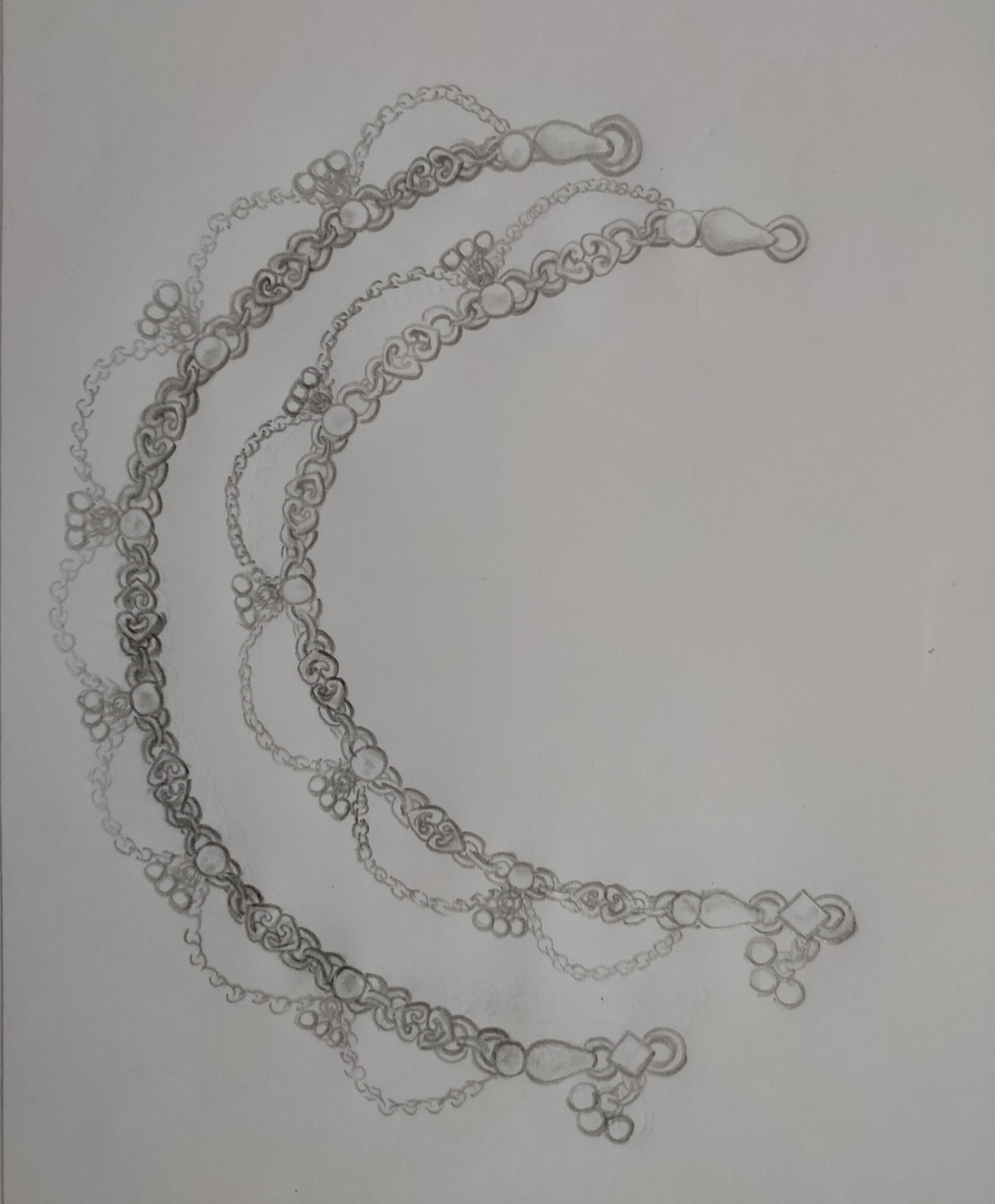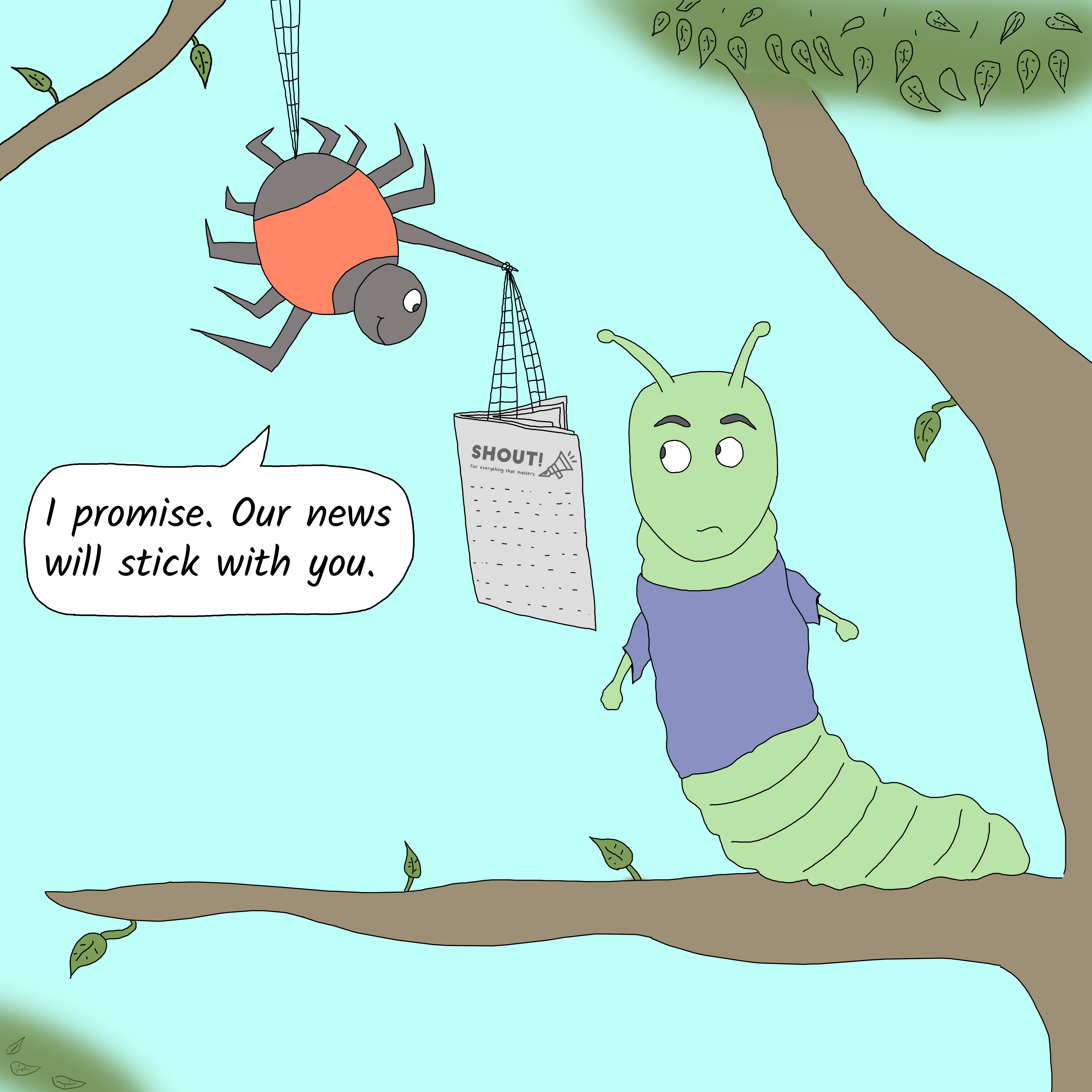Farishta Anjirbag adopts the skin and soul of Kari in an exuberant piece that gets at the core of the feminism we feel we know and the feminism we would do better to feel more.
Rani’s anklets are bright silver. Like a wake-up call, they jingle aggressively every morning as she hurries in through our door. When she stops in the kitchen, they quiet down, replaced by the ever more aggressive clanging of our bartan being given a firm wash. Indeed, nothing about Rani is silent. Her innate chattiness, her leftover youth, her overpowering scent of hair oil, all make sure that she doesn’t let herself into your home with grace or quiet. She doesn’t let you take her in, just consumes you with her clamour.

Even her attire is loud. Her hair is perpetually in a high bun, embodying her spirits. Her kurtas, colourful (and dirty), are usually mismatched with bright leggings and an entirely foreign dupatta of a third colour, firmly tucked in at her waist as if she were ready to charge into battle. Then, of course, the anklets—pure silver and tinkling, not as much of a fashion statement as an innate part of her. It is said that anklets were traditionally worn because their sound would announce the arrival of a woman to the rest of the family. To me, this had always felt restrictive—like surveillance. Why must a woman be compelled to make the world aware of her every move? Why can’t she just be?
Either way, there’s nothing particularly feminine about Rani. She’s the pehelwaan of our house, heavy-lifting furniture to clean, vanquishing stains like nobody’s business. Sometimes, her rough-and-toughness makes it so that I don’t see her as much of a woman. In fact, for a while, she only ever became a woman to me when she was harassed at work, or complained about her husband’s alcoholism. Not on a normal day. Not in joy or fun, when her disordered fashion sense and boisterous laughter failed to align with my notion of femininity. Despite my relentless advocacy for the versatility of womanhood, I could not relate Rani to it outside the context of repression.
That was, perhaps, because I had spent a long time cultivating a standard of femininity for myself, and I feared that if I failed to uphold it, I would not be accepted as a real woman. While this fear was not irrational, maybe my femininity was starting to become too much of a statement rather than a lived experience. Rani—unbothered by how feminine (or not) she seemed to others—challenged that standard. And her transition in my mind from conditional-woman to woman was marked by her silver anklets.
The more I thought about them, the less I saw them as signs of restriction. They had probably been passed down to Rani through generations of women, each of whom had made these tenderly scalloped pieces of jewellery an innate part of them. These anklets carried their joys, resistance, and identities in them, transforming over time from symbols of constraint to records of a diverse femininity. Today, they are no longer shackles on a woman’s feet—their sound does not restrict movement, but reclaims it, allowing the wearer to take loud, bold pleasure in every step.
And so, Rani is secure and rooted in her womanhood—it shines and jingles around her feet—confident that nothing she does will make her less of a woman. She allows herself the authenticity that I, too caught up in socially acceptable definitions of femininity, was starting to lose. And in that, she and her anklets are a lesson in style which I, despite my vocation, need to keep relearning: style is not always in bold outfits and over-the-top statements, but in finding the best way to express oneself. It is an art that, like any other, thrives in authenticity—not what you wear, but how you wear it. And Rani wears her anklets like emblems of all that she is: unabashedly bright, loud, a woman.
There are still times when I question whether my femininity is enough. I hear Rani’s anklets jingling in my mind then—bright silver, aggressively loud—and they wake me up.
Farishta is the young, dynamic, “bright and loud” voice herself we want to hear more of. In the weeks ahead, we probably will…
DISCLAIMER: The SHOUT! Network welcomes guest posts on its website. The statements, views and opinions expressed within these guest posts are those of the author alone and do not necessarily represent those of The SHOUT! Network and its associated writers. Whilst we endeavour to ensure the accuracy, applicability and completeness of the content on the website; no warranty or guarantee, express or implied, is given with respect to our guest posts. The SHOUT! Network is neither liable nor responsible to any person or entity for any errors or omissions, or for any offense caused from such content. The copyright in and arising out of guest post belongs to the author alone and any liability with regards to infringement of any rights including intellectual property rights remains with them.
DISCLAIMER: The content on this website is merely an opinion and not intended to malign any religion, ethnic group, organisation, company or individual. Nothing contained herein shall to any extent substitute for the independent investigations and sound judgment of the reader. While we have made every attempt to ensure the accuracy and completeness of the content contained herein, no warranty or guarantee, express or implied, is given with respect to the same. The SHOUT! Network is neither liable nor responsible to any person or entity for any errors or omissions, or for any offense caused from such content.
In addition to the above, thoughts and opinions change from time to time… we consider this a necessary consequence of having an open mind. This website is intended to provide a semi-permanent point in time snapshot and manifestation of the various topics running around our brains, and as such any thoughts and opinions expressed within out-of-date posts may not be the same, or even similar, to those we may hold today.
Feel free to challenge us, disagree with us, or tell us we’re completely nuts in the comments section of each piece. The SHOUT! Network reserves the right to delete any comment for any reason whatsoever (abusive, profane, rude, or anonymous comments) – but do SHOUT! with us, if you will.















